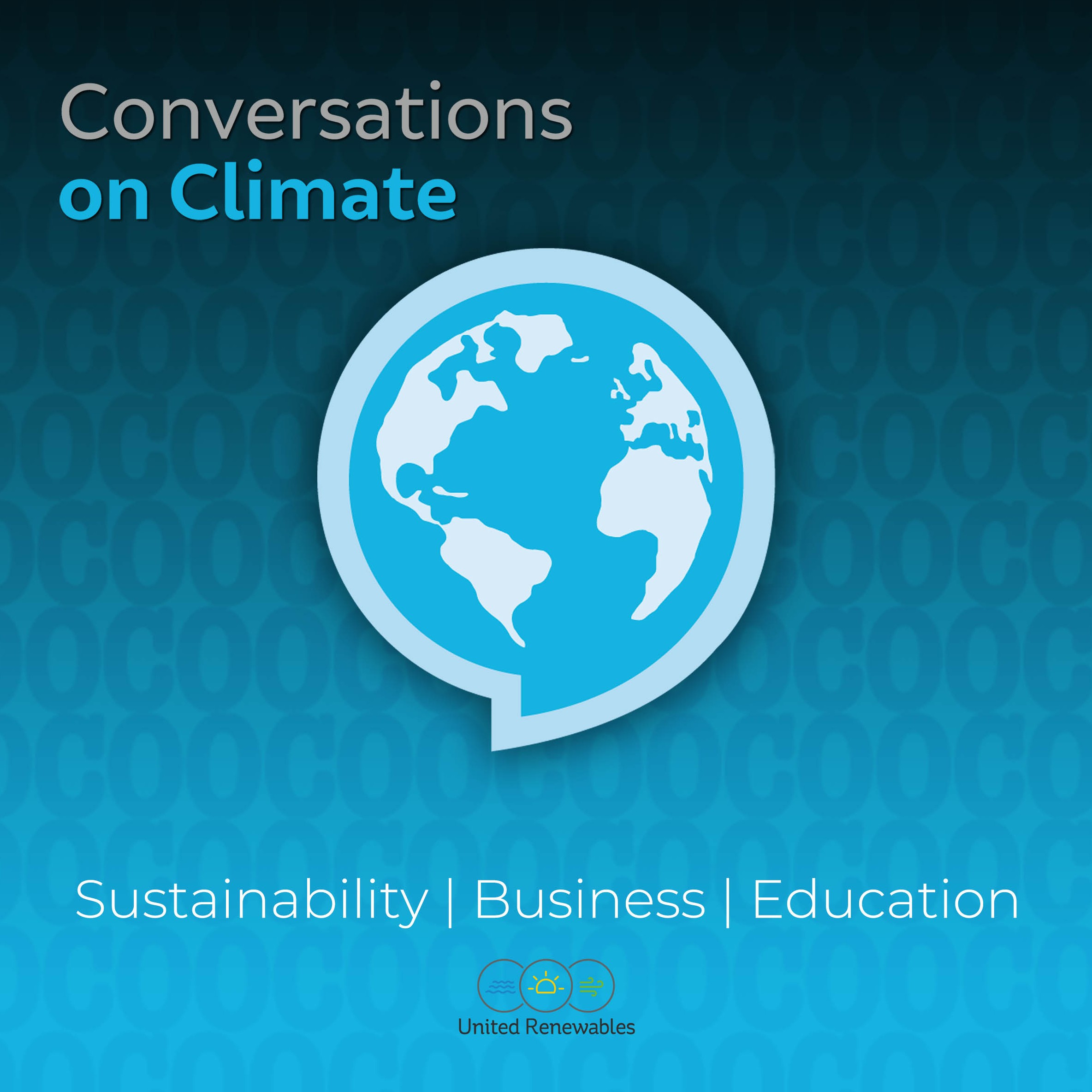How to Develop a Business Strategy for Your Business - Professor Merson
Description
Rupert Merson is an adjunct Professor in the Department of Strategy and Entrepreneurship at London Business School. He has been teaching growth, governance and turnarounds at LBS for twenty-five years, and has written several books across a wide range of subjects.
Outside of LBS he was an accountant, Director and eventually Partner at BDO Stoy Hayward until 2009, when he set up his own successful advisory shop specialising in helping family firms around the world.
The theme of this episode resides “deep in the human psyche.” It’s about what matters most. And it has clues for sustainability too.
What can family firms teach us about a long-term approach to business?
How can we best mediate intergenerational conflict?
And what works to preserve unique purpose and values in times of transition?
This week’s episode includes:
Section one: The importance of intellectual diversity
Section two: growing pains and changing attitudes
Section three: clarity, purpose and communication for growth
Section four: Why do we start businesses?
Section five: Family firms: modelling climate conflict and transition
Section six: Teaching the corporate turnaround
"… there's Eisenhower's line, isn't there? … that plans are useless, but planning is important … For me, that's the thing that's most meaningful … it doesn't mean it's been a waste of time doing the planning because your plan will be wrong."
"… planning is an act of lifting your head up and thinking about the future. If you do lift your head up and think about the future, doesn't mean it's going to work out well for you. But I venture to suggest is a lot more likely to end that well for you than if you take the view that because plans are always going to be wrong, the act of planning is not worth doing in the first place."
REFERENCES:
https://www.london.edu/faculty-and-research/faculty-profiles/m/merson-r
https://www.rupertmerson.com/about-us/the-team
https://www.amazon.co.uk/Books-Rupert-Merson/s?rh=n%3A266239%2Cp_27%3ARupert+Merson
Conversations on Climate is a podcast produced by United Renewables in association with the London Business School Energy Alumni Club.
It brings together the best minds from academia and business, to offer their experience and expertise in the face of climate change –from game theorists to corporate diplomats, and oil industry veterans to micro-algae entrepreneurs.
For more top-quality interviews with our incredible guests, subscribe to our YouTube channel or follow us on Twitter. We’d love to have you join us!
Don’t forget to share with your colleagues, friends, and family. We would love to hear your opinions and feedback, so please leave your comments on our platforms.
We talk about how the scope of the challenge before us is beyond that of any one individual or any one solution. We listen to thinkers, researchers, policymakers, and business leaders. They discuss a diversity of ideas and solutions to global climate and environmental issues and why they matter.
Season 2 is presented by Chris Caldwell and produced by UNITED RENEWABLES in association with LONDON BUSINESS SCHOOL, ALUMNI ENERGY CLUB.
Tune into the video version of this podcast NOW: https://www.unitedrenewables.co.uk/podcast
Please visit our YouTube channel, where all of our Conversations are available for you to enjoy.
SUBSCRIBE TO THE CHANNEL HERE: https://bit.ly/3GZpd7R and ring the notification bell
Join us on Twitter: https://bit.ly/3MnhuSf
Join us on Facebook: https://bit.ly/3Q5UKcj
Join us on LinkedIn: https://bit.ly/3tFEnK3
#leadership #organisationalbehaviour #climate #renewableenergy #conversationsonclimate #londonbusinessschool
More Episodes
Every product carbon neutral by 2030, Is this ambitious goal achievable?
Find out in this crucial conversation with Alison Dring.
In this video, Chris Caldwell, host of the Conversations on Climate podcast chats with Alison Dring, CEO and Co-founder of Made of Air. 💬
During this insightful...
Published 06/17/24
Published 06/17/24
In a world where misinformation and conspiracy theories are commonplace, journalists have a critical role in reporting on the facts and communicating complex scientific issues like climate change.
But how can journalists make the issue accessible and engaging to a wide audience?
In this...
Published 06/10/24


